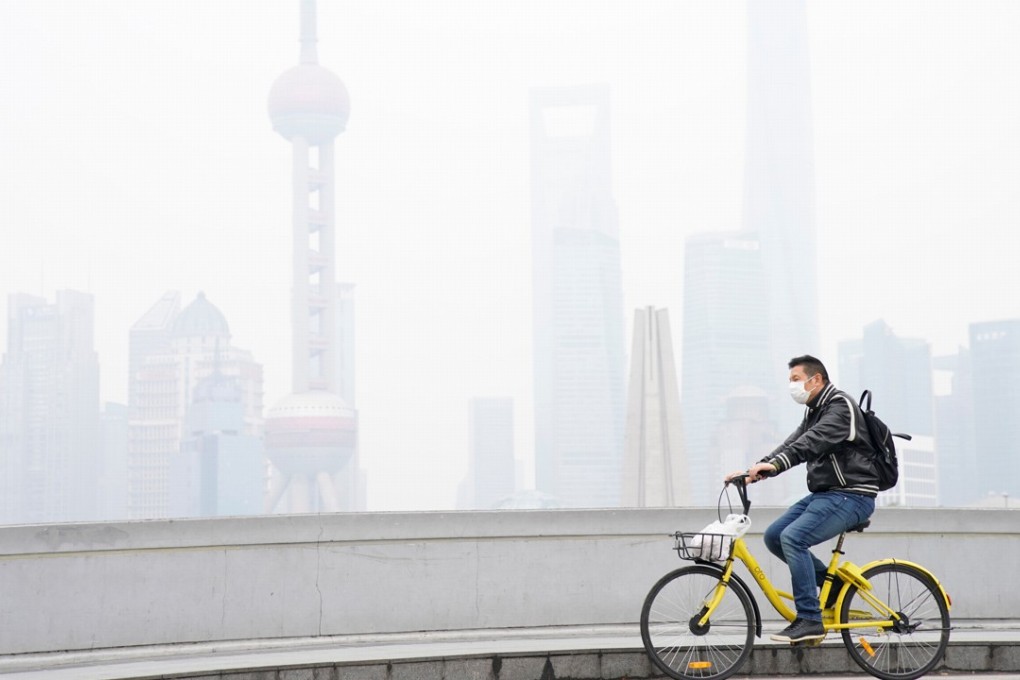Advertisement
Is China serious about curbing pollution along the belt and road?
Earl Carr and Yan Chen say the world, including the US and Japan, is watching Beijing’s unprecedented investment project, wondering whether it will follow through on climate-friendly targets and begin cutting back on materials that contribute to pollution, such as cement
Reading Time:4 minutes
Why you can trust SCMP
0

Last month, US President Donald Trump wrapped up a 12-day Asia trip, which included meetings with Chinese President Xi Jinping, who has made the “Belt and Road Initiative” the centrepiece of his domestic and foreign policy agenda. The initiative is the largest infrastructure and development strategy the world has ever seen.
To put things in perspective, it involves almost 70 countries connecting Europe, the Middle East, Africa and Asia. It will receive support from the Asian Infrastructure Investment Bank (AIIB) worth US$100 billion, the New Silk Road Fund for US$40 billion and US$900 billion from the China Development Bank.
If realised, it will cover about 65 per cent of the world’s population, about one-third of the world’s GDP and about a quarter of all the goods and services the world moves. Achieving this will be a monumental objective for Xi, who recently saw the belt and road enshrined in the Communist Party’s newly revised constitution.
However, within this strategy lies a critical opportunity for China to make unprecedented investments in green technology, which has significant implications for US multinational corporations, the region and the world.
How China and Asia can lead the fight against global warming along the belt and road
In 2017, Beijing announced that it aims to spend US$360 billion in renewable energy by 2020. However, being further able to make sustained investments in wind, solar and related technologies throughout the regions covering the belt and road is important for several reasons. First, symbolically, it sends a clear message that China is not just paying lip service to sustainability but is genuinely intent on playing a leading role in combating climate change. When Trump announced in June that the United States would withdraw from the Paris agreement, the US in effect ceded its global leadership.
Advertisement